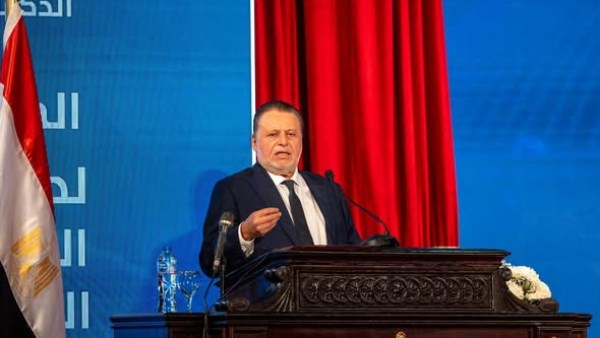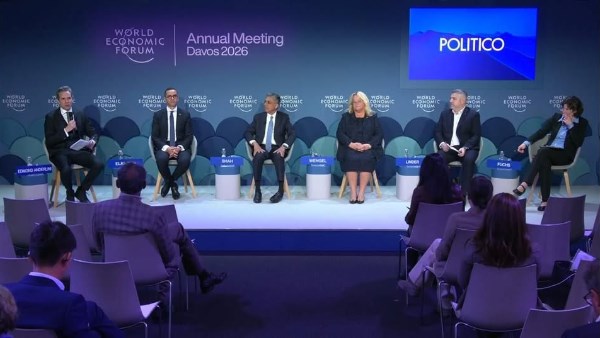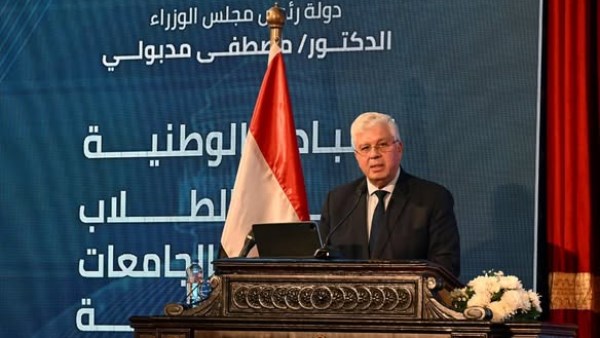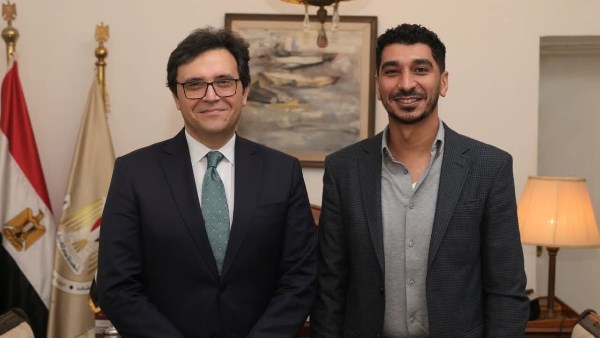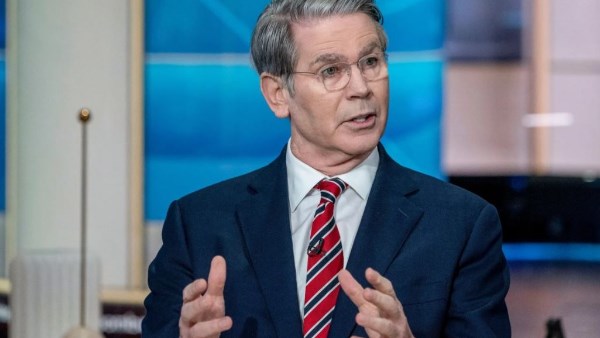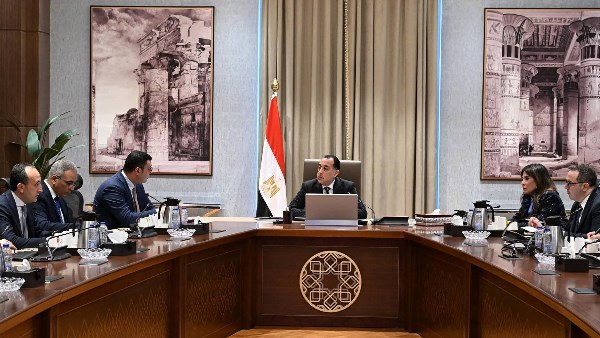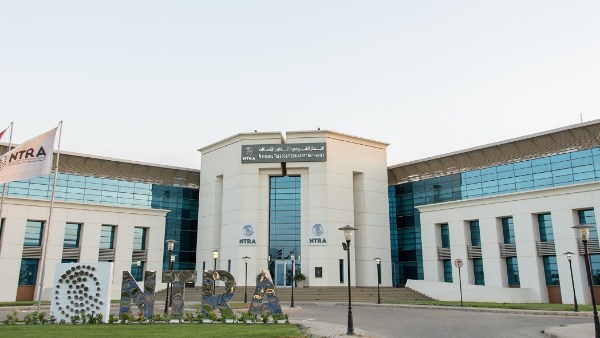
he moves were the culmination of global efforts
Multi-Billion Gulf Power Play Focuses on Egypt As Mideast War Rages

In barely 10 days،Egypthas gone from the brink of economic disaster to unlocking more than $40 billion of investments and loans from theUnited Arab EmiratesandInternational Monetary Fund، with the likelihood of more to come from Saudi Arabia and others.
On Wednesday، as part of that، it delivered its biggest-ever interest-ratehikeand allowed its currency to weaken more than 38% in a long-awaited flotation.
The moves were the culmination of global efforts — led by oil-rich Gulf states and the IMF، andbacked by the US— to stabilize a country whose stability is seen as crucial for the Middle East and which has been hammered by soaring inflation and a war on its border.
Foreign investors are already hailing the turnaround and saying they expect Egypt to attractbillions of dollars from bond tradersin the coming months.
The next step for the country، home to105 millionpeople، may be a multi-billion dollar land investment from Saudi Arabia.
Egyptian and Saudi authorities are in preliminary talks over the development rights for a northern Red Sea coast area known as Ras Gamila، people familiar with the matter said، asking not to be identified because negotiations aren’t public. Saudi authorities did not respond to requests for comment.
Egypt reached a breaking point
If a deal’s agreed، it would see the kingdom follow neighboring UAE، which announced a$35 billioninvestment — the biggest in Egypt’s history. Most of that will be to develop a peninsula on the Mediterranean coast called Ras El-Hekma.
“Egypt reached a breaking point and the size of Ras El-Hekma deal showed the depth of the crisis،” saidMonica Malik، chief economist at Abu Dhabi Commercial Bank PJSC. “Neither the UAE nor other Gulf countries want to see another Arab Spring or political turmoil in Egypt.”
Egypt’s latest bout of economic tumult began in 2022، when Russia’s invasion of Ukraine sent commodity prices surging and pushed up the cost of imported wheat and fuel. Bond investors fled en masse، pulling about $20 billion from the country.
Israel’s war with Hamas in Gaza exacerbated the pressures. Some tourists stayed away from Egypt’s beaches and ancient sites، while shipping attacks by Houthi militants in the Red Sea caused traffic through the Suez Canal — a critical source of income for Egypt — todive.
Egypt has، along with the US and Qatar، been a key mediator in cease-fire talks. It’s tried to get more aid into the enclave، though it’s resisted calls to take in hundreds of thousands of Palestinian civilians from Gaza. It says that would undermine their cause for an independent state and pose a security threat if Hamas fighters came with them.
Ras Gamila project
The negotiations between Egyptian and Saudi authorities over Ras Gamila — a site that sits near the Sinai resort city of Sharm El-Sheikh and across the Red Sea from Saudi Arabia’s Neom mega-project — are at early stages and could fall through، the people said.
The site’s far smaller than Ras El-Hekma، which is about three times the size of Manhattan. Still، any agreement would probably amount to several billion dollars، the people said.
The UAE’s moves in Egypt — including snapping up stakes in government-held companies — caused Saudi Arabia، which views itself as the regional political heavyweight، to accelerate its own deal talks، said some of the people.
“Other investment deals with more Gulf partners will likely follow the Emirati one،” said Omar Monieb، a senior analyst for the Middle East and North Africa at Eurasia Group.
Those، as well as even more funds expected from the likes of the IMF and World Bank، should provide Egypt with enough cash to keep its newly-floated currency steady and meet its debt obligations. It may eventually lead to an upgrade in the credit rating of Egypt، which sitsfar into junk territory، and thus lower its borrowing costs، according to Monieb.
Energy-rich Gulf nations have long been a source of support for Egypt. But that money became more conditional as the UAE، Saudi Arabia and Qatar looked to secure attractive investmentsrather than just provide handouts.
The war in Gaza made the situation more urgent، people familiar with the matter said.
“The crisis around Gaza has re-emphasized Egypt’s geopolitical leverage،” said Bilal Bassiouni، head of Middle East and North Africa forecasting for consulting firm Pangea-Risk. It made countries focus even more on stabilizing Egypt given its “size and impact on regional political dynamics.”





-1120252475029447.jpg)



